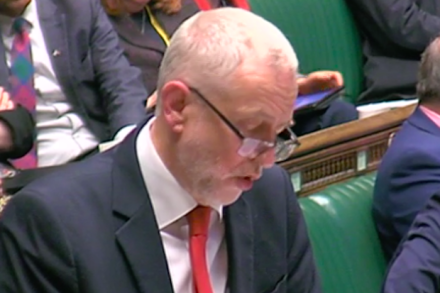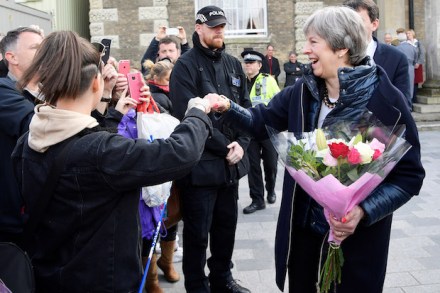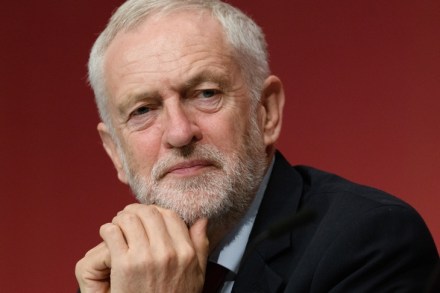Sergei Skripal being out of a critical condition doesn’t get Moscow off the hook
The latest news from the Salisbury attack is that Sergei Skripal is no longer in a critical condition and that his daughter Yulia is now talking and will be well enough to leave hospital at some point. This, obviously, has implications for the investigation into their attempted assassination. Yulia will, presumably, soon be able to tell the police about what happened in the days and hours leading up to them both being found on the verge of death in Salisbury city centre. Internet conspiracy theorists will, I’m sure, declare that the fact the Skripals are not dead is proof that the Russians weren’t behind this. But given that it appears


















